The Chevrolet Equinox is one of the most reliable compact SUVs that offers a perfect blend of comfort, durability, and performance. Most preferred by daily drivers, Chevrolet Equinox is a perfect choice for families as well.
While offering fuel efficiency, spacious interior, and advanced safety options, it is a clear choice in the highly competitive SUV segment.
If you’re thinking of buying this vehicle, you should be aware of the Chevrolet Equinox common problems you may face. This page also covers which models perform the best and which year models have reported more issues by users, so you get a better idea of Chevrolet Equinox Reliability before you buy.
Looking to upgrade your Equinox? SEALIGHT LED offers high-quality aftermarket LED lighting tailored specifically for the Chevrolet Equinox. Explore the best bulb upgrades for Chevrolet Equinox right here on this page.
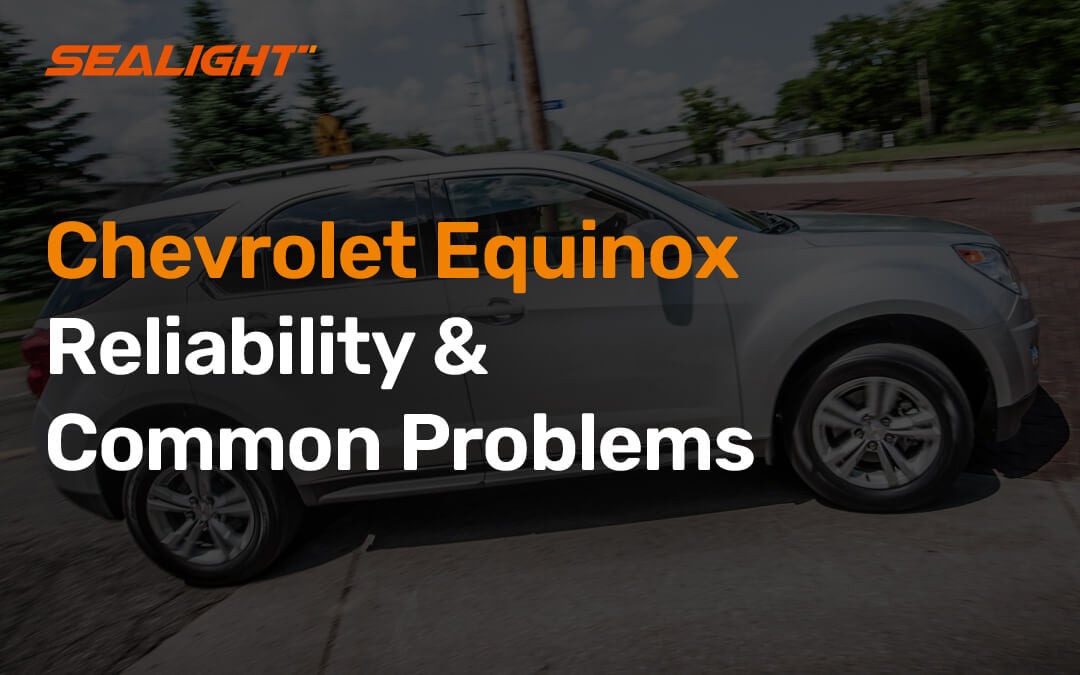
Is the Chevrolet Equinox Reliable?
Reliability has been a mixed bag for the Chevrolet Equinox, largely depending on the model year. While recent versions generally perform well—with J.D. Power ratings landing between the mid-70s and mid-80s—older models haven’t always shared the same reputation. RepairPal gives the Equinox a moderate reliability score of 3.5 out of 5.
The most problematic years tend to be from the early 2010s, especially those with the 2.4-liter engine. These models were known for burning oil at an unusually high rate, which often led to engine damage over time. General Motors issued service bulletins to address the issue, but these years are still viewed as the least reliable in the Equinox’s history.
On the other hand, models from 2018 and newer show a notable turnaround. They’ve earned better reviews across the board, with fewer mechanical complaints and improved durability. Owners who stick to scheduled maintenance, particularly regular oil changes typically report few surprises and a dependable driving experience.
In summary, while earlier models may require caution, the Chevrolet Equinox has evolved into a solid and reliable choice in the compact SUV segment, particularly in its most recent versions.
Common Problems in Chevrolet Equinox Models
Understanding these common trouble spots can help current and prospective owners spot problems early and plan maintenance effectively. Here are some of the Chevrolet Equinox common problems:
1. Excessive Oil Consumption
The first-generation 2010–2013 models with the 2.4L Ecotec engine are known to burn oil faster than newer versions. Common symptoms include frequent oil top-offs, engine knocking, rough idle, or illuminated check engine lights.
This issue is primarily due to worn piston rings or cylinder wall issues. If neglected, it can lead to significant engine damage.
Typical Fix: Replacing the piston rings or, in some cases, a partial engine rebuild. Monitoring oil levels closely and opting for later models can reduce this risk. GM also issued “special coverage” for affected vehicles.
2. Timing Chain Wear and Engine Noises
Earlier 2.4L engine models may experience timing chain stretch or tensioner wear, which can produce rattling or unusual engine noises. Ignoring this can cause severe engine problems.
Typical Fix: Timing chain replacement, which is labor-intensive and can cost between $800–$1,500 depending on parts and labor.
3. Climate Control and A/C Issues
Some Equinox models (various years) have reports of A/C compressor failure, refrigerant leaks, or electrical faults. This can lead to weak or no cooling/heating and reduce comfort, especially in extreme weather.
Typical Fix: Replacing the A/C compressor or addressing electrical faults usually resolves the problem. Repair costs vary widely, often between $600 and $1,600 depending on severity and labor.
4. Gear Selector / Shift-to-Park Malfunction
Certain newer models (roughly 2016–2019) have reports where the vehicle does not properly recognize Park, leaving the car in neutral and triggering dashboard warnings. This can lead to battery drainage.
Typical Fix: Gear selector assembly replacement or transmission control software update. Warranty coverage may apply for affected vehicles.
5. Starter, Battery & Electrical System Issues
Some owners report battery, starter, or other electrical issues, including intermittent no-start events, weak batteries, or sensor glitches. These issues tend to appear more often as the vehicle ages.
Typical Fix: Battery or starter replacement, software updates, or sensor repairs. Regular checks and keeping vehicle software updated can prevent many problems.
6. Turbocharger Concerns (2.0L Turbo Engines)
Equinox models equipped with the 2.0L turbo engine may experience turbo-related issues, such as oil seal leaks or reduced performance. Signs include sluggish acceleration or reduced fuel efficiency.
Typical Fix: Turbo repair or replacement may be required. Routine maintenance and monitoring can help extend the turbocharger's lifespan.
7. Front Suspension Noise (Lower Control Arm)
Some early Equinox models (around 2008–2010) have reports of knocking or rattling noises in the front suspension, often traced to worn lower control arms. This can affect ride comfort and steering smoothness.
Typical Fix: Replacing worn suspension components restores handling and ride quality.
Real-World Chevrolet Equinox Bulb Problems & LED Upgrade Tips
The Chevrolet Equinox delivers solid performance as a compact SUV, but like many vehicles equipped with halogen headlights, lighting quality tends to degrade over time. Though halogen bulbs are relatively sturdy, factors like vibrations, poor grounding, and wiring faults can lead to flickering, dim output, or early failure.
If you’re looking to improve your nighttime visibility and reduce long-term maintenance, upgrading to high-quality LED bulbs is a great option—provided you understand the challenges of retrofitting.
However, swapping in LED bulbs isn't always a plug-and-play solution.
When replacing halogens with LEDs, users often encounter:
Plug polarity mismatches that trigger flickering or errors
Excessive glare due to mismatched optics
Poor thermal management, leading to overheated housings or failing connectors
These problems are especially common with low-cost or generic LED kits that don’t account for vehicle-specific requirements.
Why SEALIGHT LEDs Are a Worthwhile Upgrade
SEALIGHT addresses these challenges with engineered solutions tailored to vehicles like the Equinox. Our LED bulbs provide:
Crisp, bright light output with consistent beam patterns
Long-term reliability, thanks to proper heat dissipation
Vibration-resistant construction ideal for SUV driving
Plug-and-play compatibility with Equinox models
Notable options include:
SEALIGHT® 2010-2015 Chevrolet Equinox LED Bulbs 9005 H11 Headlight Fog Turn Signal Lights Combo
SEALIGHT® S7S 9005/HB3 H11/H9/H8 260W 6500K White IP68 LED Headlight Bulbs 2 Pairs
Worst Chevrolet Equinox Model Years to Avoid
2005–2007: These early first‑generation Equinoxes tend to have a higher volume of complaints, especially around suspension issues, control arm bushing failures, and electrical problems. While some sources mention things like blown engines, there’s no strong, widespread evidence of consistent head-gasket failures or engine seizures.
2010–2013 (2.4 L Ecotec): These years are particularly problematic for excessive oil consumption, especially in the 2010 model. GM acknowledged the issue in a technical bulletin for 2010 Equinoxes with the 2.4L engine, noting “excessive engine oil consumption … due to piston ring wear.” NHTSA Static+2NHTSA Static+2 There was also special warranty coverage offered for certain years due to this problem. NHTSA Static Class‑action lawsuits have cited persistent oil‑burning, low compression, and, in some cases, timing-chain stretch.
Best Chevrolet Equinox Model Years to Buy
2017–2021 (especially 2018+): These years generally mark the third generation of the Equinox, and many reliability analyses consider them stronger picks.
According to CarMax, the 2017 model is praised for its comfort, efficiency, and overall owner satisfaction.
RepairPal rates the 2021 Equinox as 4/5 for reliability.
However, it’s not perfect: some 2017 owners report rear crankshaft seal failures or PCV‑system issues in very cold climates.
That said, no model year is completely flawless — even within 2017–2021, some owner-reported problems (oil, timing chain) still exist.
Conclusion
Overall, the Chevrolet Equinox remains one of North America’s most versatile and practical SUVs. Its combination of reliability, comfort, and durability makes it a solid choice in the compact SUV segment.
While there are some common issues to watch for, with proper maintenance and care, the Equinox can serve you well for many years. Upgrading to high-quality LED lighting, like SEALIGHT bulbs for Equinox, can further enhance safety, visibility, and driving enjoyment.
Have you owned or driven a Chevrolet Equinox? What has been your experience with reliability, maintenance, or upgrades? Share your thoughts in the comments below — we’d love to hear from you!



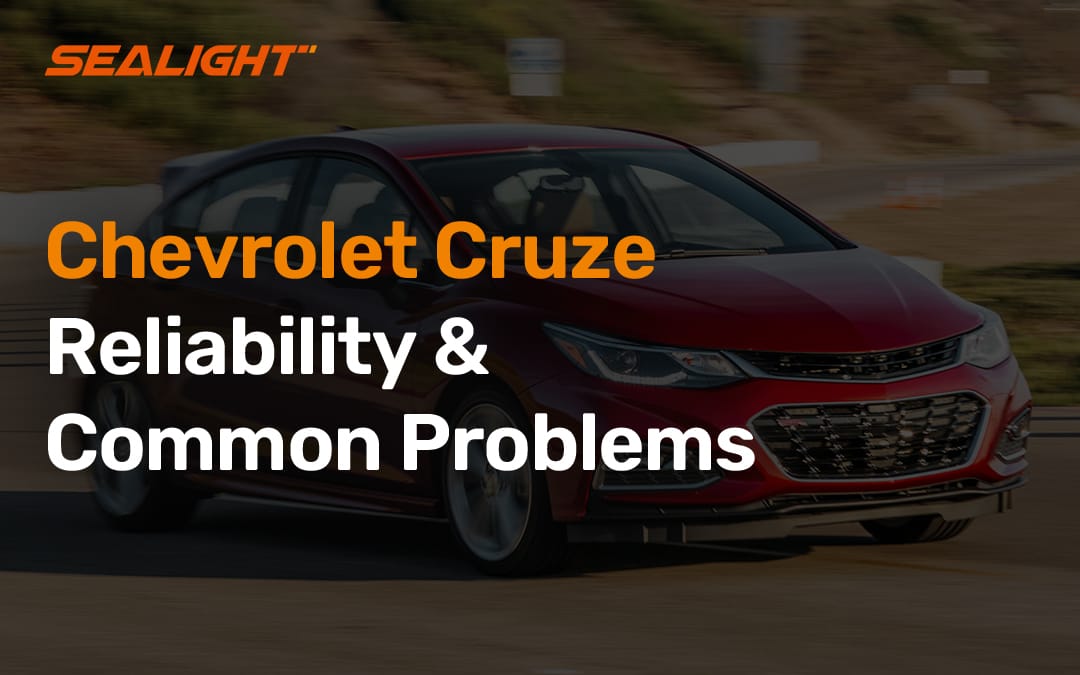
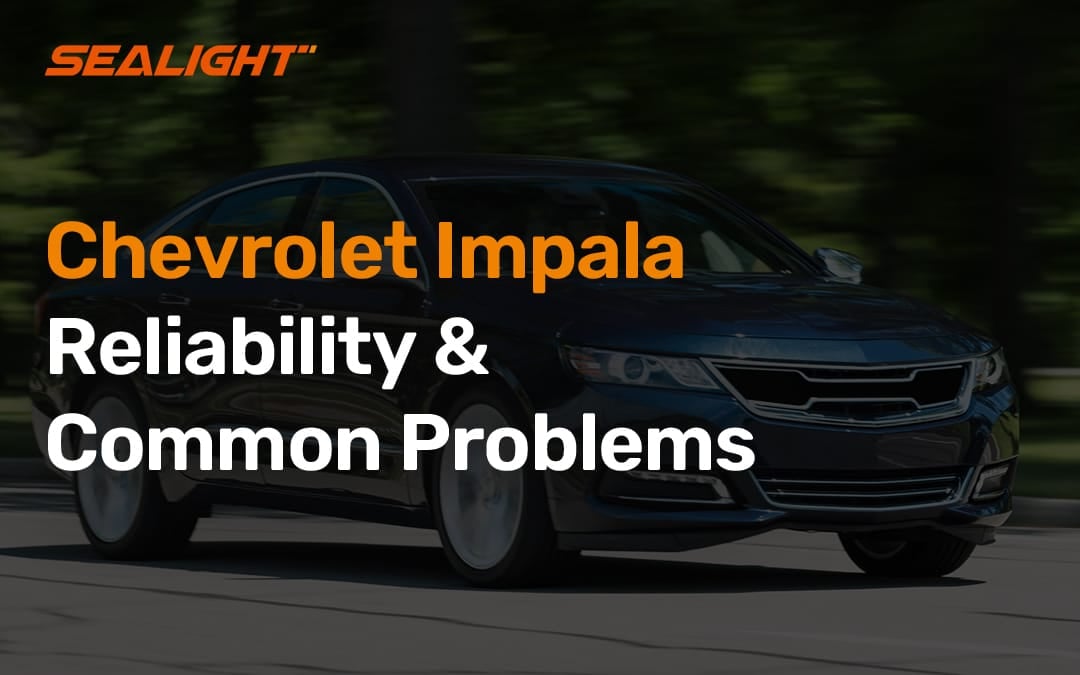
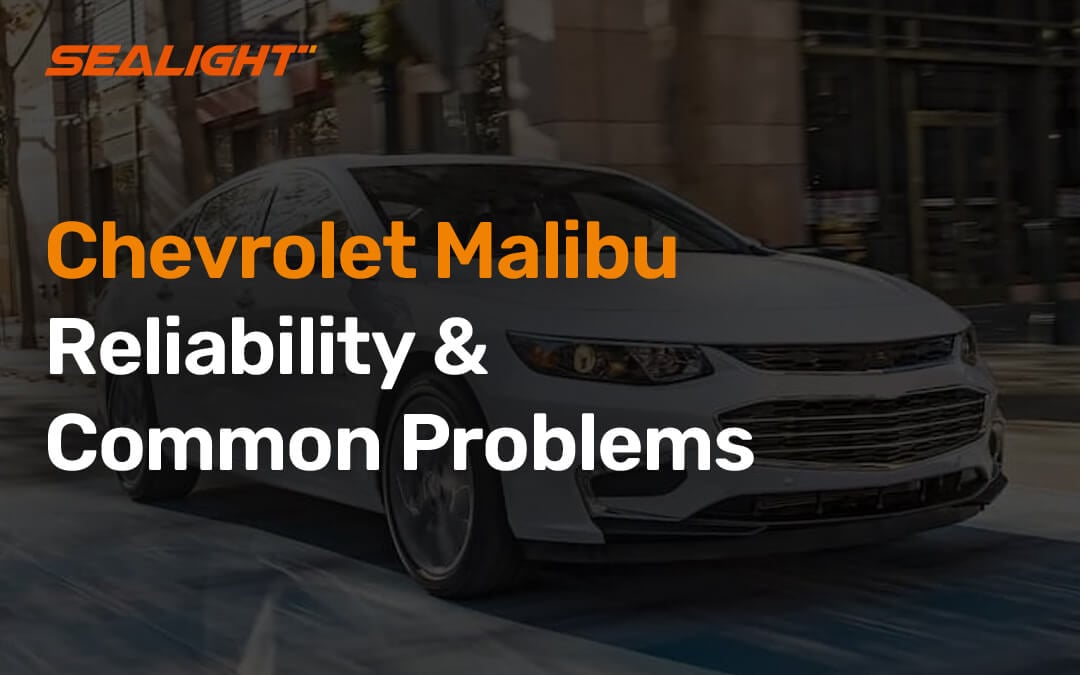
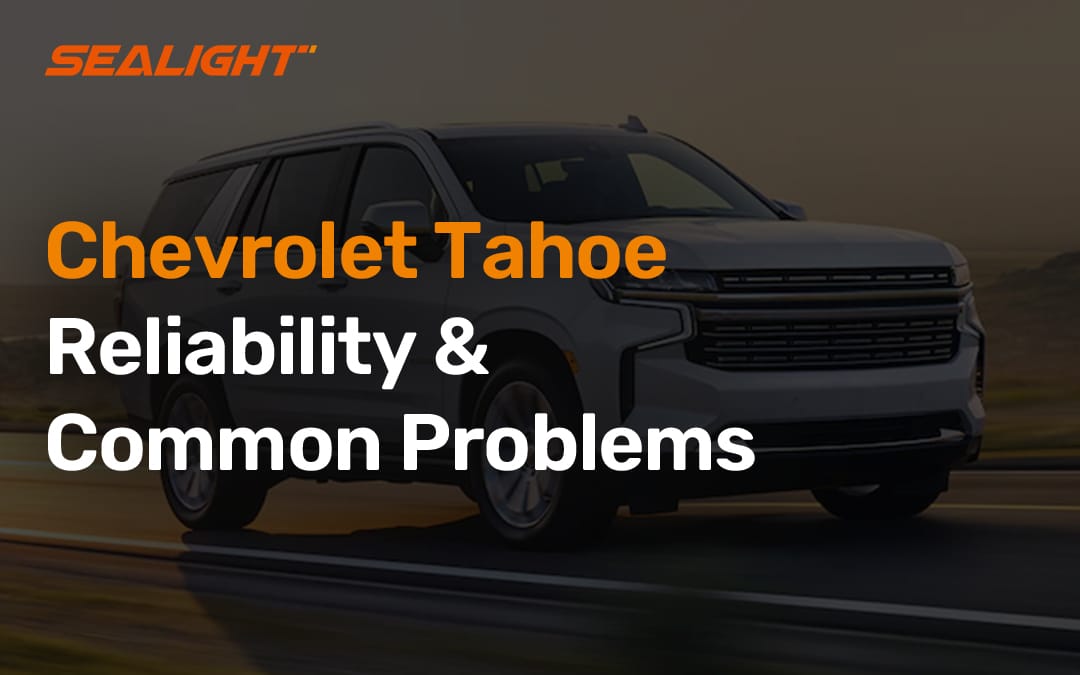
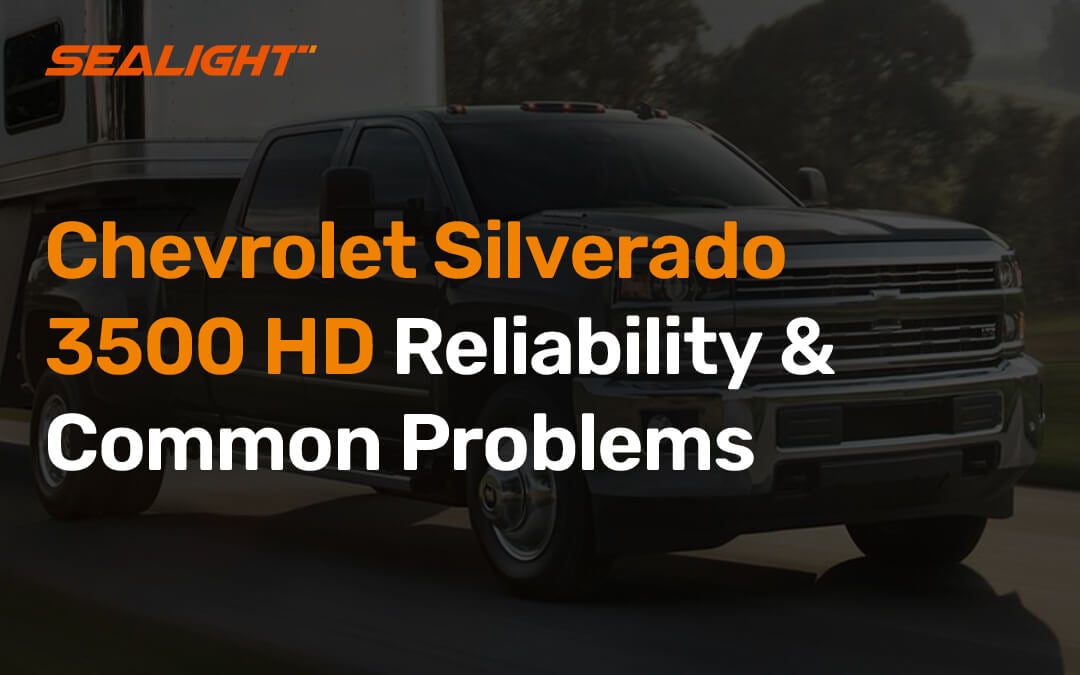
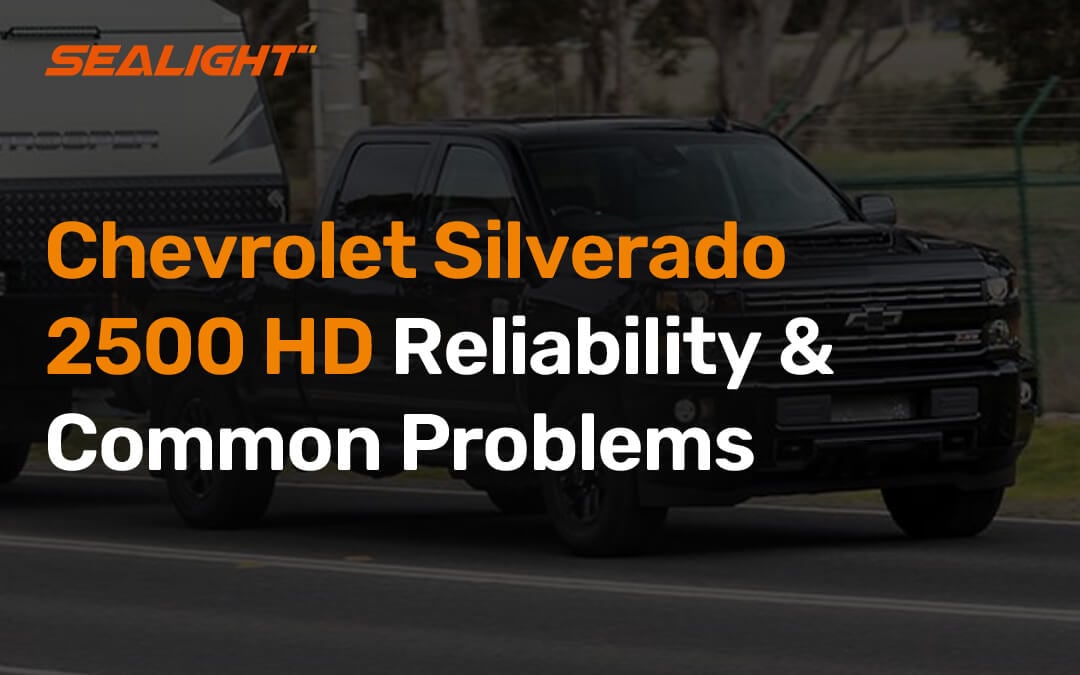
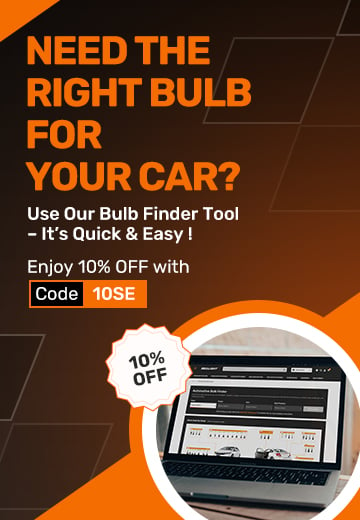

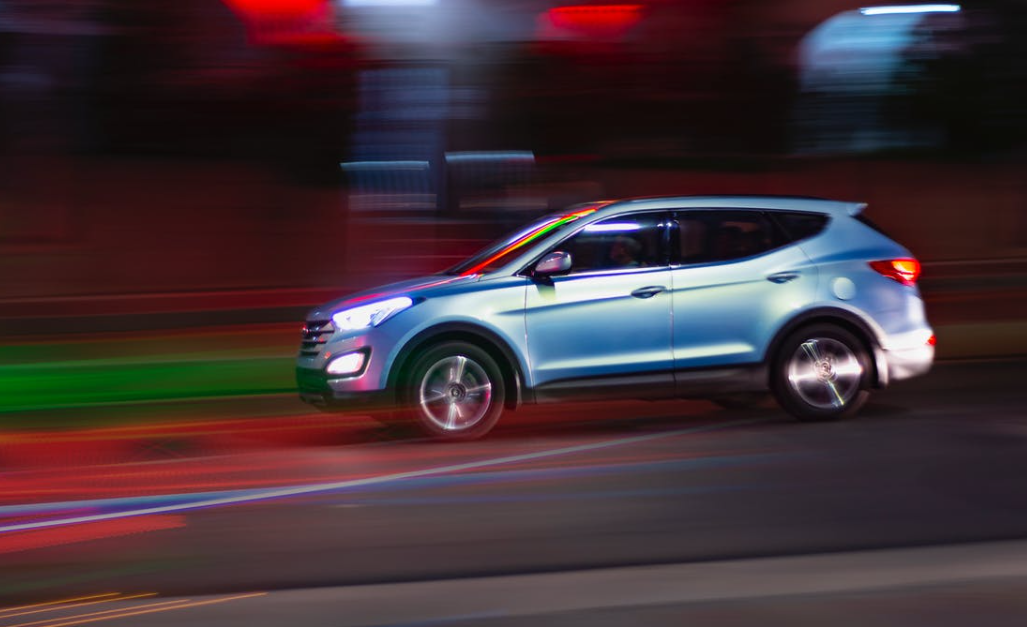

Leave a comment